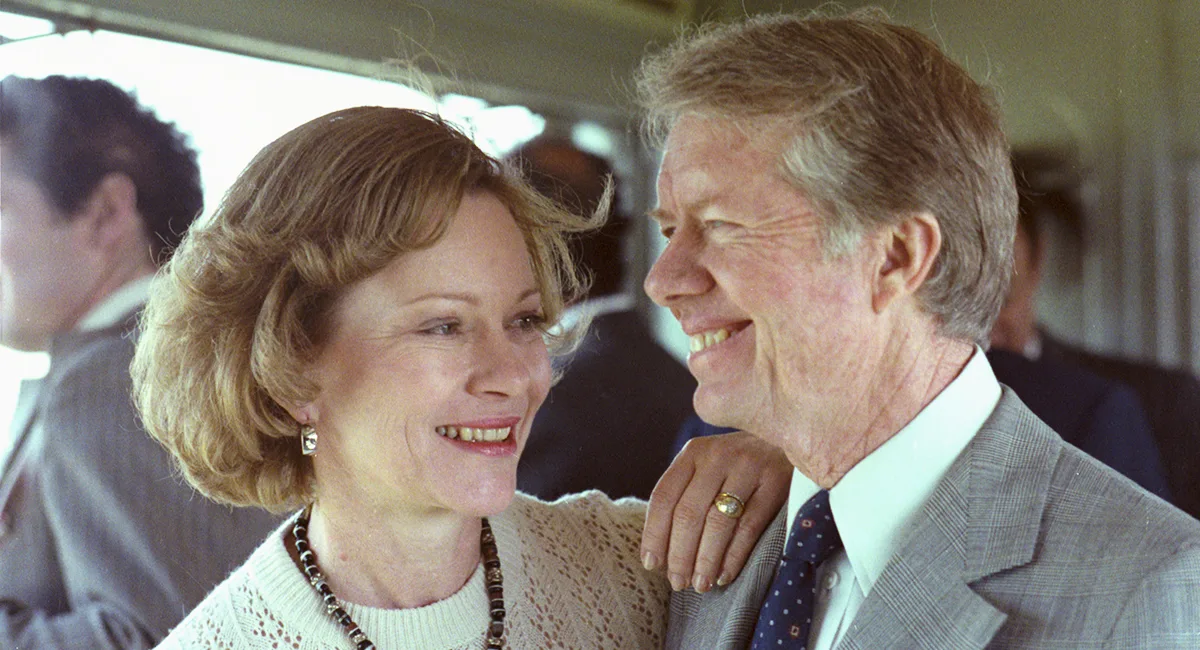Jimmy Carter, the 39th President of the United States, has passed away at the age of 99, leaving behind a complex legacy marked by significant achievements and challenges. Carter, who served from 1977 to 1981, is remembered for his distinctive approach to foreign policy, his commitment to human rights, and his humanitarian efforts post-presidency. The news of his death reverberated across the political landscape, inspiring reflections on his life and career. Notable figures including former President Bill Clinton expressed their condolences, stating, ‘We have lost a great man and a great humanitarian.’ Carter’s time in office was characterized by a series of domestic and international challenges, including the Iran Hostage Crisis and energy shortages, yet he also emphasized peace and diplomacy, exemplified by the Camp David Accords between Egypt and Israel in 1978. Since leaving office, Carter engaged in extensive charitable work through Habitat for Humanity and his work with The Carter Center. Analysts suggest his influence will reflect in ongoing dialogues about leadership and morality in politics, particularly as Iowa gears up for its influential caucuses, where Carter’s policies could resonate with current candidates. As the political arena prepares for the Iowa caucus season, Carter’s approach to governance and ethics will likely serve as a touchstone for candidates contemplating their platforms and strategies in a deeply polarized environment.
Reflecting on the Legacy of Jimmy Carter Following His Passing













